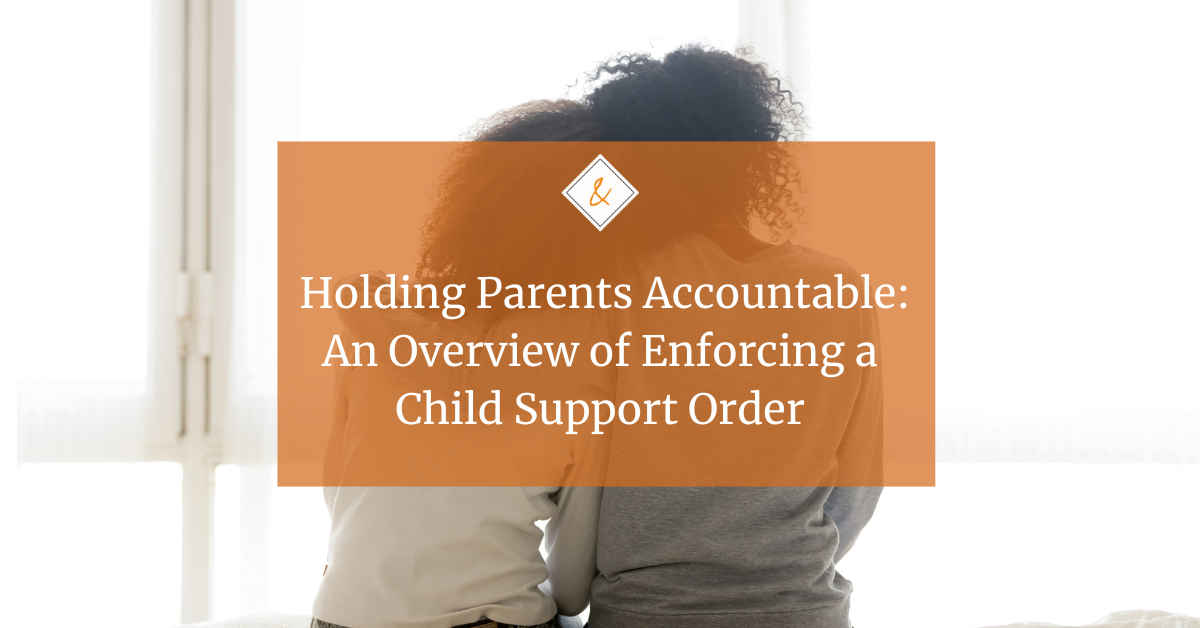 Kathleen Kane’s recent conviction and likely incarceration will most certainly have an effect on her pending divorce action. A party’s incarceration can have a dramatic impact in a domestic relations case in at least three different areas: child support, equitable distribution, and termination of parental rights.
Kathleen Kane’s recent conviction and likely incarceration will most certainly have an effect on her pending divorce action. A party’s incarceration can have a dramatic impact in a domestic relations case in at least three different areas: child support, equitable distribution, and termination of parental rights.
CHILD SUPPORT
A parent’s incarceration can affect the amount of child support that she will have to pay. In Nash v. Herbster, 932 A.2d 183 (Pa. Super. 2007), the Superior Court addressed this issue and held that incarceration can be a basis for modifying or terminating an existing support order. Previously, in Yerkes v. Yerkes, 782, A.2d 1068 (Pa. Super. 2001), aff’d, 824 A.2d 1169 (Pa. 2003), the Supreme Court ruled that incarceration in a correction facility is not a change in circumstances that can be used to modify or terminate an existing support order. However, subsequent to the Supreme Court’s decision in Yerkes, Rule 1910.19(f) of the Pennsylvania Rules of Civil procedure was adopted in May 2006. Rule 1910.19(f) provides:
Upon notice to the oblige, with a copy to the obligor, explaining the basis for the proposed modification or termination, the court may modify or terminate a charging order for support and remit any arrears, all without prejudice when it appears to the court that:
- The order is no longer able to be enforced under state law; or,
- The obligor is unable to pay, has no known income or assets and there is no reasonable prospect that the obligor will be able to pay in the foreseeable future.
The notice shall advise the obligee to contact the domestic relations section within 60 days of the date of the mailing of the notice, if the obligee wishes to contest the proposed action. If the obligee does not respond to the notice or object to the proposed action, the court shall have the authority to modify or terminate the order and remit any arrears, without prejudice.
The Explanatory Comment to the Rule states: “New subdivision (f) addresses an increasing multiplicity of circumstances in which the confirmed existence of the court-ordered obligation of support is inconsistent with rules or law …[A]n obligor with no verifiable income or assets whose incarceration … precludes the payment of support renders the support order unenforceable and uncollectible, diminishing the perception of the court as a source of redress and relief.” Therefore, the Superior Court held that, in light of this Rule, a party’s incarceration may be the basis for a modification or a termination of a support order and remanded the matter to the trial court. Nashdoes not mean that an obligor will automatically be granted an adjustment to her support obligation. A court will have to consider if the obligor has any income available for support from any other assets or other sources of income such as interest, dividends, pensions, and the like.
The issue for Kathleen Kane will be whether she has other income available to her from other sources (besides her attorney general position which she lost through her own fault and actions). If she does not, she may not have a support order entered against her.
EQUITABLE DISTRIBUTION
A party’s incarceration can also affect how the court divides the marital assets subject to equitable distribution. A party who is going to spend significant time in jail will have her needs met by the State. Need is one of the factors a court must consider in deciding how to equitably divide the marital assets pursuant to 23 Pa.C.S. § 3502(a)(3). This factor can lead the court to award the imprisoned spouse less than 50 percent of the marital assets. However, need is only one of the numerous factors the court must consider. If the imprisoned spouse was the breadwinner during the marriage and her work efforts generated the marital assets, that is a factor the court will consider also. Marital misconduct or fault is specifically excluded as a factor. It would be improper for the court to punish the imprisoned spouse for her misconduct by awarding her a smaller share of the marital assets for that reason.
Incarceration will not prevent the divorce proceedings from going forward. The equitable distribution hearing will take place. The imprisoned spouse will be transported to the court room to attend the hearing. However, it is entirely possible she will receive a smaller share of the assets, especially if her sentence is for a very long period of time. Less so, if a shorter sentence is imposed (which may be the case for Kathleen Kane).
PARENTAL RIGHTS
A party’s incarceration may also impact their parental rights. In In Re Adoption of S.P., 616 Pa. 309 (2012), the Pennsylvania Supreme Court held that incarceration, while not a litmus test for termination of parental rights, can be determinative of a question of whether a parent is incapable of providing “essential care, control or subsistence” and the length of the remaining confinement can be considered as highly relevant to whether “the conditions and causes of the incapacity, abuse, neglect or refusal cannot or will not be remedied by the parent,” sufficient to provide grounds for termination.
Accordingly, just because a party is incarcerated does not automatically result in their parental rights being terminated. Given the likely limited sentence for Kathleen Kane it is highly unlikely that her parental rights would be terminated under the circumstances



